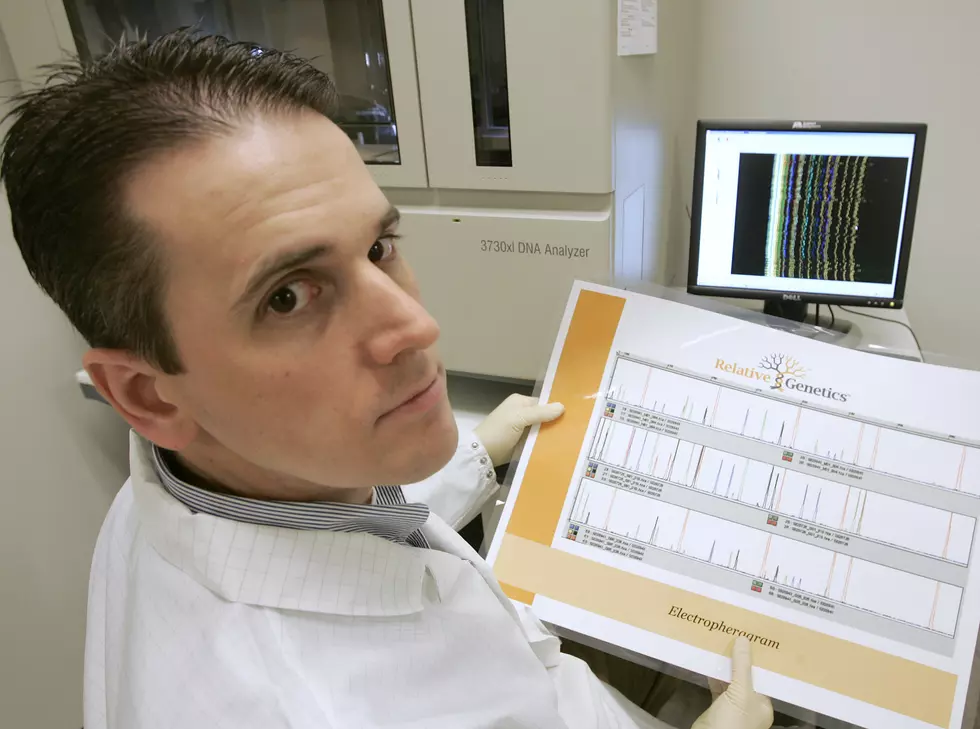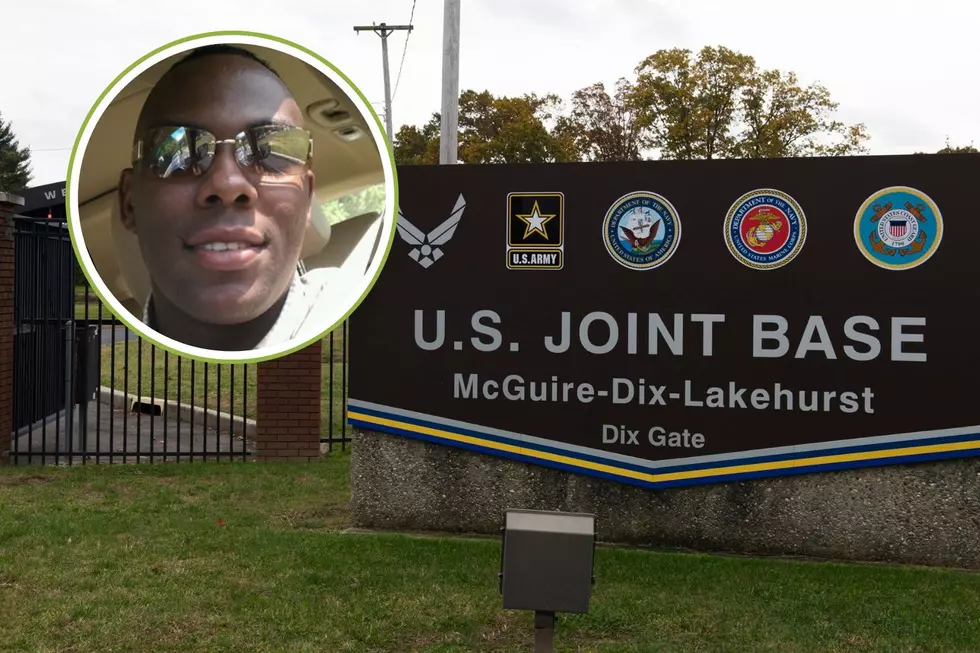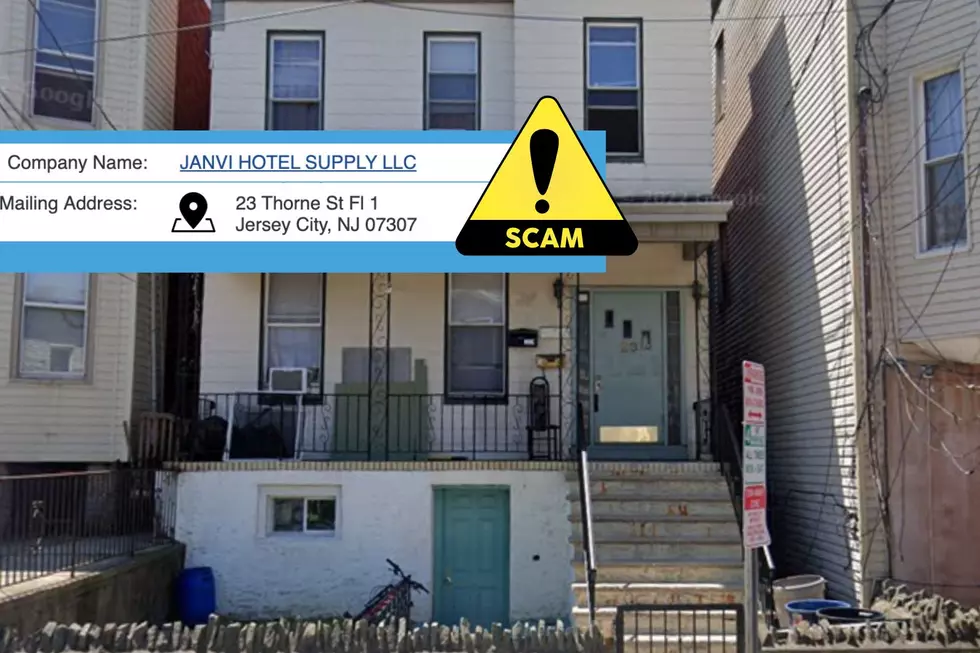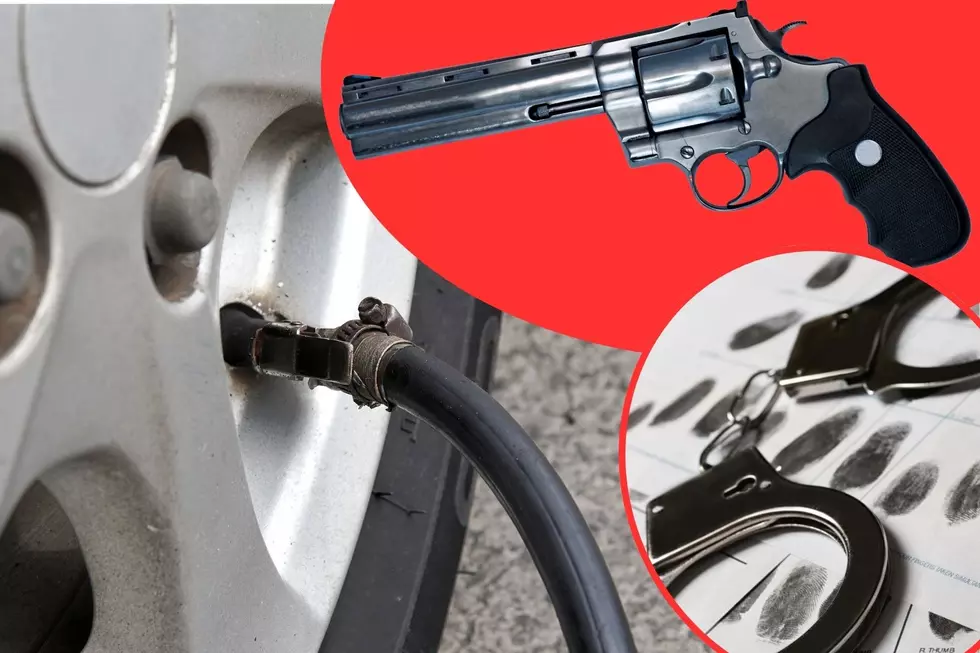
DNA Database In NJ Would Be Expanded Under Legislation
Under current New Jersey law anyone convicted of 1st through 4th crimes must provide a DNA sample and pay for the procedure.
State Senator Nick Sacco sponsored the bill to make that law and he's now introduced another measure to significantly expand the state's DNA database.
Under Sacco's measure, DNA sampling would be expanded to include people convicted of disorderly persons offenses. The Senator hopes to increase the accuracy of the database and shed light on currently unsolved crimes.
The bill also establishes that a person who refuses to submit a blood or biological sample is guilty of a crime of the fourth degree. Fourth degree crimes are punishable by a term of imprisonment of up to 18 months, a fine of up to $10,000, or both.
"If we're serious about keeping our State's law-abiding citizens safe, we have to give the law enforcement community every tool possible to fight crime," says Sacco, D-Hudson and Bergen. "The DNA database has been one of the most significant advances in police technology in recent years, allowing police officers to gain new insights in unsolved crimes and exonerate innocent individuals. By expanding DNA sampling to anyone convicted of a crime, we can greatly increase the accuracy and effectiveness of the database."
Sacco feels DNA sampling is to 21st century police work what fingerprinting was for the 20th century. He explains, "We can quickly and easily obtain a DNA sample and compare it to an electronic database of evidence collected at crime scenes for unsolved crimes committed anywhere in the State. DNA evidence can make the difference between a cold case and a new lead, and we ought to do what we can to improve the effectiveness of this tool."
According to published reports, lawmakers in New York are considering similar legislation which would extend sampling to anyone convicted of a misdemeanor - New Jersey's criminal code does not contain misdemeanors, but rather disorderly persons offenses. The New York legislation, which is the result of negotiations between State lawmakers and Governor Andrew Cuomo, has already garnered support from the state's 62 district attorneys, 58 sheriffs, and 400 police chiefs.
Sacco hopes New Jersey can get his law on the books and then work with New York. He says, "DNA evidence has proven to be an accurate weapon in the war on crime. By creating an 'all-crimes' DNA database in New York and New Jersey, we can lead the nation in this cutting-edge area of criminal justice and crime prevention."
More From New Jersey 101.5 FM









